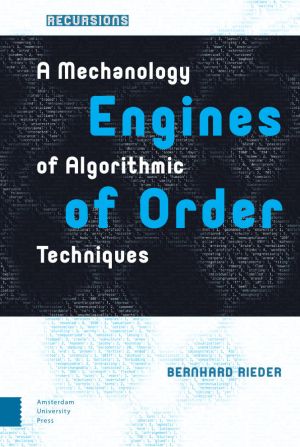
Software has become a key component of contemporary life and algorithmic techniques that rank, classify, or recommend anything that fits into digital form are everywhere. This book approaches the field of information ordering conceptually as well as historically. Building on the philosophy of Gilbert Simondon and the cultural techniques tradition, ...
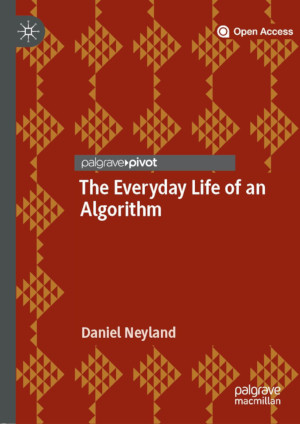
This book begins with an algorithm - a set of IF...THEN rules used in the development of a new, ethical, video surveillance architecture for transport hubs. Readers are invited to follow the algorithm over three years, charting its everyday life. Questions of ethics, transparency, accountability and market value must be grasped by the algorithm in ...

This is an introductory book on algorithmic graph theory. Theory and algorithms are illustrated using the Sage open source mathematics software....
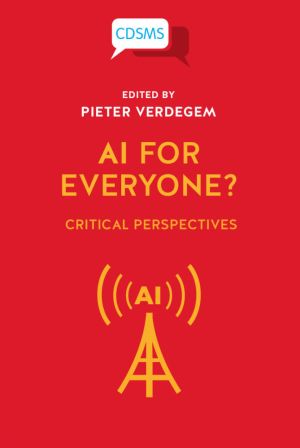
We are entering a new era of technological determinism and solutionism in which governments and business actors are seeking data-driven change, assuming that Artificial Intelligence is now inevitable and ubiquitous. But we have not even started asking the right questions, let alone developed an understanding of the consequences. Urgently needed is ...
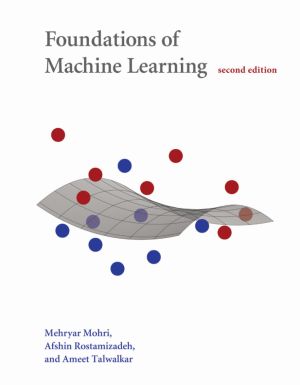
A new edition of a graduate-level machine learning textbook that focuses on the analysis and theory of algorithms.
This book is a general introduction to machine learning that can serve as a textbook for graduate students and a reference for researchers. It covers fundamental modern topics in machine learning while providing the theoretical basi...
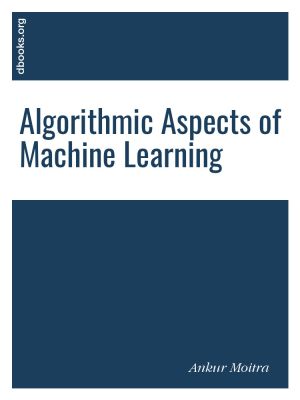
This course is organized around algorithmic issues that arise in machine learning. Modern machine learning systems are often built on top of algorithms that do not have provable guarantees, and it is the subject of debate when and why they work. In this class, we focus on designing algorithms whose performance we can rigorously analyze for fundamen...

This book addresses the physical phenomenon of events that seem to occur spontaneously and without any known cause. These are to be contrasted with events that happen in a (pre-)determined, predictable, lawful, and causal way. All our knowledge is based on self-reflexive theorizing, as well as on operational means of empirical perception. Some of ...

This book summarizes the key findings from the second cycle of IEA's International Computer and Information Literacy Study (ICILS), conducted in 2018. ICILS seeks to establish how well schools around the globe are responding to the need to provide young people with the necessary digital participatory competencies. Effective use of information ...

This free book explores the fundamentals of computer music and functional programming through the Haskell programming language. Functional programming is typically considered difficult to learn. This introduction in the context of creating music will allow students and professionals with a musical inclination to leverage their experience to help un...
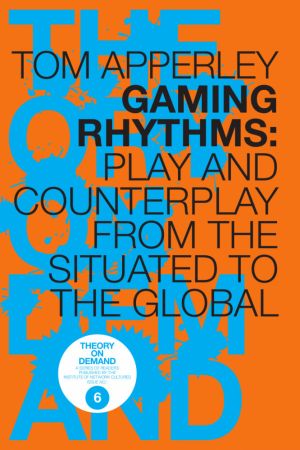
This book is about digital games, the people who play digital games, and how they play them. This poses a large problem: even when discussing one game, each instance of play is different. Combine this with the thousands of digital games, and the millions of players, and it is apparent that the number of individual instances of game play is unfathom...
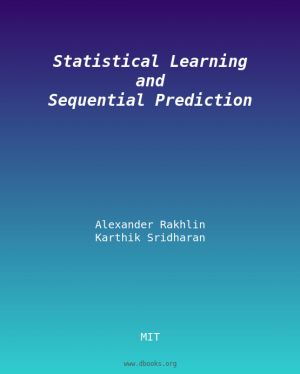
This free book will focus on theoretical aspects of Statistical Learning and Sequential Prediction. Until recently, these two subjects have been treated separately within the learning community. The course will follow a unified approach to analyzing learning in both scenarios. To make this happen, we shall bring together ideas from probability and ...
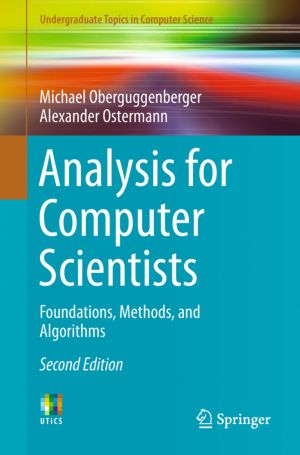
This easy-to-follow textbook/reference presents a concise introduction to mathematical analysis from an algorithmic point of view, with a particular focus on applications of analysis and aspects of mathematical modelling. The text describes the mathematical theory alongside the basic concepts and methods of numerical analysis, enriched by computer ...
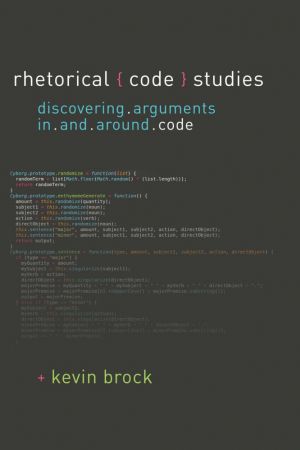
Software developers work rhetorically to make meaning through the code they write. In some ways, writing code is like any other form of communication; in others, it proves to be new, exciting, and unique. In Rhetorical Code Studies, Kevin Brock explores how software code serves as meaningful communication through which software developers construct...
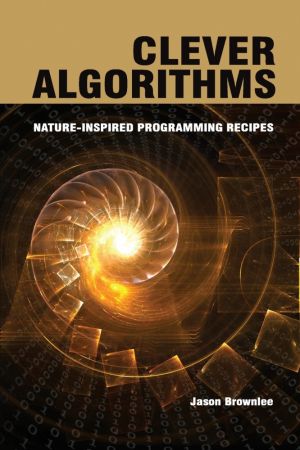
This book provides a handbook of algorithmic recipes from the fields of Metaheuristics, Biologically Inspired Computation and Computational Intelligence that have been described in a complete, consistent, and centralized manner. These standardized descriptions were carefully designed to be accessible, usable, and understandable. Most of the algorit...
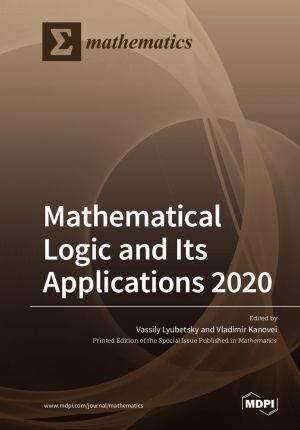
The issue "Mathematical Logic and Its Applications 2020" contains articles related to the following three directions:
I. Descriptive Set Theory (3 articles). Solutions for long-standing problems, including those of A. Tarski and H. Friedman, are presented.
II. Exact combinatorial optimization algorithms, in which the complexity rela...
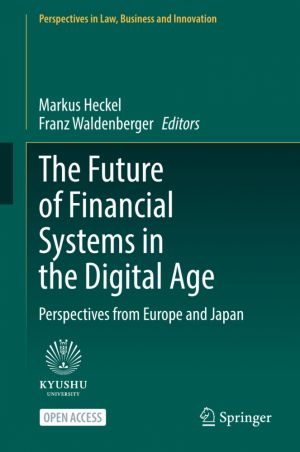
The increasing capacity of digital networks and computing power, together with the resulting connectivity and availability of "big data", are impacting financial systems worldwide with rapidly advancing deep-learning algorithms and distributed ledger technologies. They transform the structure and performance of financial markets, the serv...
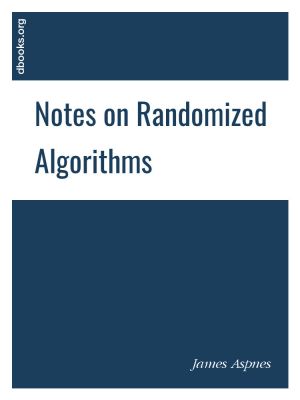
Lecture notes for the Yale Computer Science course CPSC 469/569 Randomized Algorithms. Suitable for use as a supplementary text for an introductory graduate or advanced undergraduate course on randomized algorithms. Discusses tools from probability theory, including random variables and expectations, union bound arguments, concentration bounds, app...
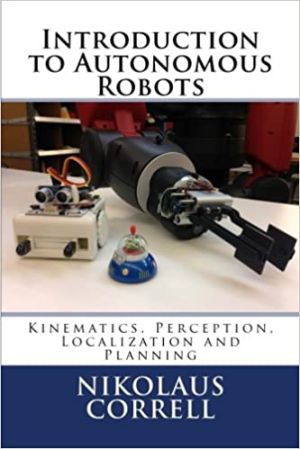
This book provides an algorithmic perspective to autonomous robotics to students with a sophomore-level of linear algebra and probability theory. Robotics is an emerging field at the intersection of mechanical engineering, electrical engineering, and computer science. With computers becoming more powerful, making robots smart is getting more and mo...
